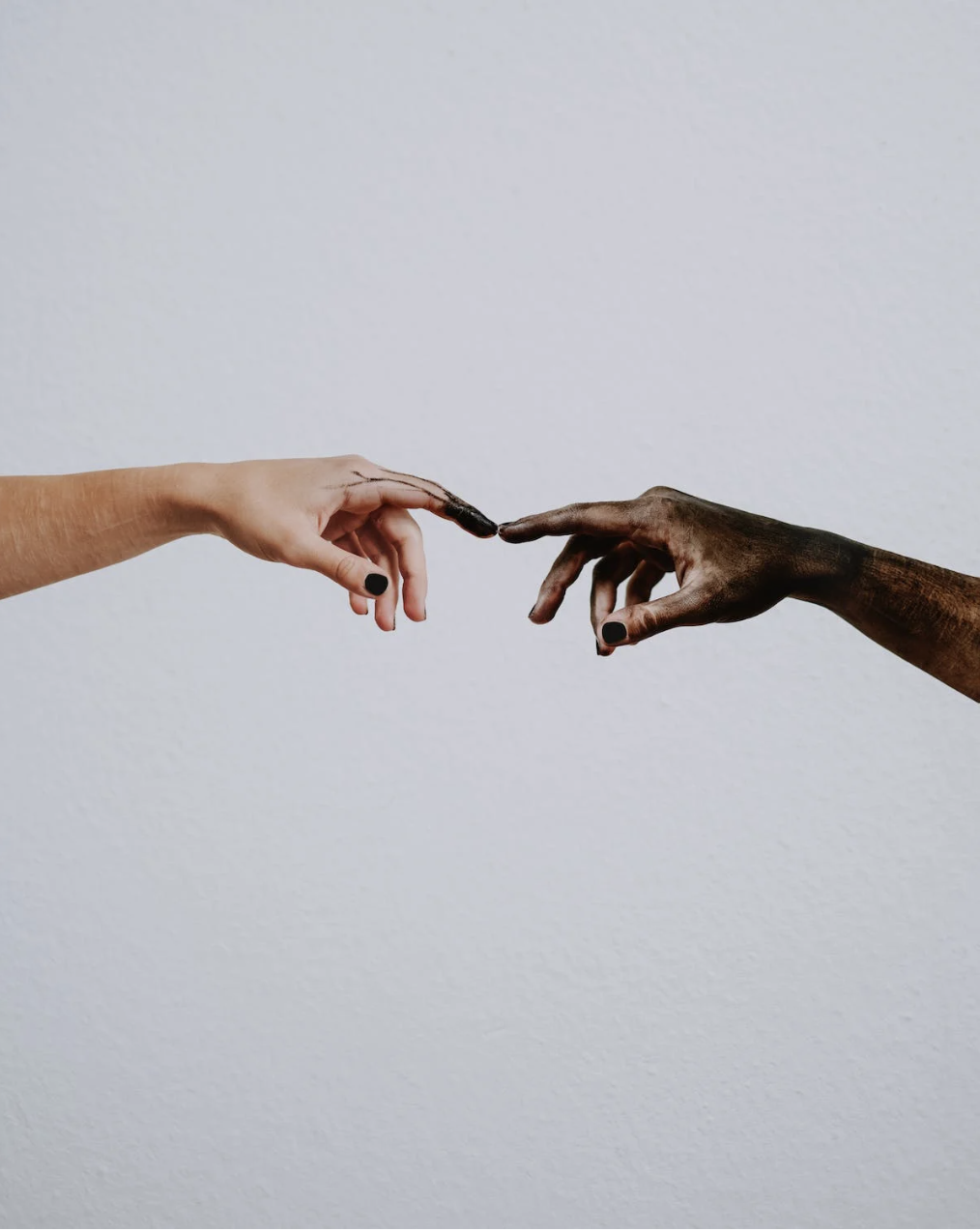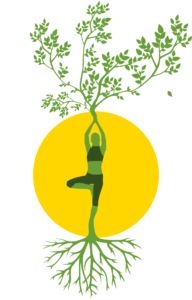Power is admired and fought over by those who desire it, and feared by those who lack it.
This sums up the common notion about power within our society, don’t you agree? In this one-liner wrap-up, however, there is something entirely wrong.
Power in this scenario is perceived as a commodity. Something that is given to someone as a title or position, and which comes with authority and control. It is believed as a form of supremacy over others; an “outside-in” abstract that establishes domination, legally or illegally.
The latter audience in the above mentioned hypothesis, on the other hand, are those who assume real power comes from “inside-out” as opposed to externally acclaimed. Their belief revolves around the fact that power is built on and fostered by the choices we make, the actions we take, and the thoughts we create. They are those who fear the lack of it because when they cannot wring that grain of power from within either by actions, choices, or thoughts; they are scared by those who can. In essence, it creates a knowledge gap between the powerful ones and submissive ones, the hunters, and the hunted. Those who live by the outside-in ideology fight for power with all their might – sometimes going overboard with violations – and gain control over the thoughts, actions, and choices of those who remain a step behind with the inside-in belief.
The conspicuous flaw in both ideologies is bold and blatant.
The term influence is taken as domination and authority over others’ actions and thoughts. We are always looking at one “influencer” or another on social engines, and the concept being nurtured today is that anyone who has the power to alter people’s behavior and choices is deemed an
influencer.
I beg to differ.
Real power is influence, yes, but it does not materialize unless you are giving support to others and not merely only taking it. Being powerful is giving support to those who need it, more than getting it for yourself. When you are invested in giving instead of taking, you are unconsciously influencing those very people to take your lead. You are influencing their choices, thoughts, and actions.
Service is the highest form of leadership. It is the key to sustainable growth. Being serviceable, supportive, and uplifting creates a kind of influence that only incredibly powerful wield – the leaders that drive change by resonance.
They lead by example. They are inspiring, influential, and assertive. And they are supportive, respectful, and humble.
They have the real power to affect change around them by regulating themselves.
We all have real power within us, be it a farmer or a politician. The ideologies I explored in the
introduction define power as a commodity that either is awarded or created. Real power, however, lies in each one of us in the form of influence, clarity, impact, energy, and confidence. These internal traits redefined within the context of ‘power’ allow us to exercise authority and control.
The best part is, we are likely to tap into our power within in the unlikeliest places. Think at the workplace under rebuke, at the beach when listening to the sea, and under duress in a political turmoil.
When you are properly feeling powerful, you connect to your true self in a far better way than you earlier did. This is because you are not only clear in your purpose, but you are full of contagious energy, driven for impact, inspirational, and booming with confidence.
A combination of healthy, self-identifying characteristics help you reinforce your true power, thereby making you a powerfully clothed figure as you lead others around you toward the same apex.





